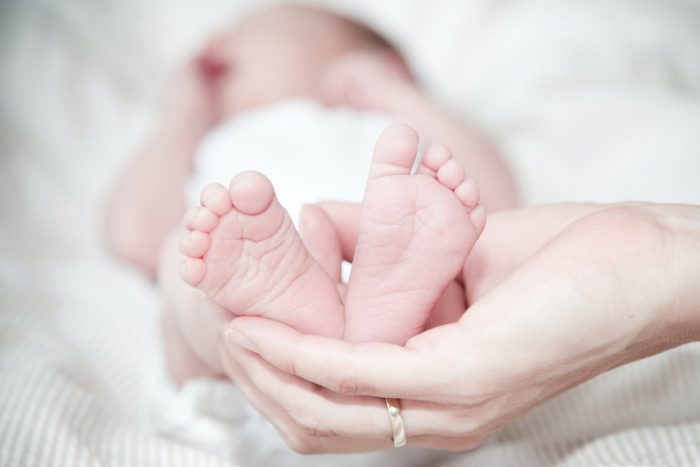There are many IVF fertility stories out there that sometimes fail to mention the fact that a donor egg was used to achieve conception. This practice is more commonplace than you may think. In the modern world, more and more people are turning to non-traditional ways of growing their families. Here are a few situations in which egg donation is recommended.
Age
While women can conceive on their own into their forties, a woman’s fertility begins to decline rather quickly after age 35. As women age, the number and quality of their eggs decline, even if they choose to use fertility medications. This can make it more difficult to conceive naturally. Older women’s eggs are also more susceptible to having abnormal chromosomes. Unfortunately, there is no way to test the genetic DNA of an unfertilized egg. The only way to do this is to first fertilize the egg and then test the DNA. No matter how healthy your lifestyle is, age directly affects women’s egg quality. The use of an egg donor and IVF can give you the satisfaction of experiencing pregnancy, delivering your baby, and breastfeeding them without added complications. The hurdle of age and trying to conceive can be alleviated with egg donation.
Genetic Conditions
Some women experience symptoms of menopause much earlier than others. This may be caused by a condition called premature ovarian failure. Unlike menopause, however, this simply means you are not releasing eggs. With egg donation and the IVF process, it is still possible for women with premature ovarian failure to become pregnant.
Some women also choose to pursue alternative family options to reduce the risk of their child inheriting a genetic disorder. A careful look at your family history can give you a good idea of the chance you might pass on genetic defects to your child. Genetic disorders like Down syndrome, cystic fibrosis, and others that are present in your family tree may be good reasons to consider egg donation.
Same-Sex Couples
For same-sex male couples, egg donation is very common when using a surrogate. Most male couples choose an egg donor from an agency — occasionally, a family member of one of the partners may offer to donate her eggs so that embryos can be created with the other partner’s sperm, and the child will be genetically related to both partners. For same-sex female couples experiencing fertility setbacks, an anonymous egg donor may be a good answer if it is not medically advisable for either partner to provide her eggs for the pregnancy.
Cancer
When radiation therapy is applied at or near the ovaries, it is likely to destroy eggs and may cause early menopause. Radiation to the brain can also cause infertility by affecting the pituitary gland’s ability to send hormone signals to the rest of the body. Chemotherapy can also affect the production of the hormones that perform the functions of ovulation and pregnancy. It is still possible to become pregnant after these treatments, so you must discuss your situation and family planning goals with your doctor to develop the best plan for you and your family.
Egg donation is a viable fertility option for many couples and individuals seeking to grow their family. Egg donors are thoroughly screened for genetic disorders, diseases, and habits that may affect their egg quality. Working with an egg donation and surrogate agency can help you find healthy, anonymous eggs and surrogates if needed. Where there’s a will, there’s a way, so learn about all the modern fertility options that are open to you. A surrogate agency will be able to help you along every step of the way, from learning about the process to delivering the baby you’ve dreamed of.












Read 0 comments and reply